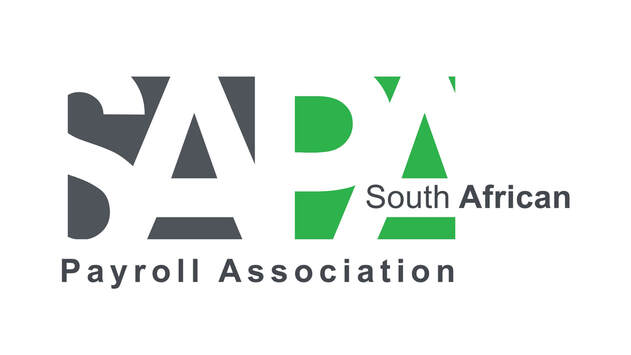|
The South African Reserve Bank and National Treasury have become aware of an increase in payroll deductions in recent years.
Stakeholders were engaged to create a regulatory framework to govern payroll deductions and the resulting proposal has led to three very limited options on how companies can govern employees’ payroll deductions. Arlene Leggat, President of the South Africa Payroll Association (SAPA), says that while the SAPA wasn’t consulted during the initial development of the Joint Proposal, it is now working alongside National Treasury to gain more insights on how companies are making deductions against employees’ salaries. This information will be used to inform policymakers on salary deductions that companies are making. The impact of the new payroll deduction options as per the Joint Proposal “The new payroll deduction regulatory options will have a vast impact on how payroll departments can make deductions. Employee rewards and benefits programmes often include salary deductions and reimbursements for everything from office-based gym memberships, canteen facilities and creche services to cell phone plans and travel schemes. If a company can no longer claim deductions, it not only affects payroll, but how the company attracts and retains talent,” says Leggat. In the recently published Joint Proposal by the SARB, there are three payroll deduction regulatory options: -Option 1 cites no access to payroll voluntary deductions; only statutory, court order, collective agreement and arbitration award deductions can be made against an employee’s salary. -Option 2 stipulates limited access to voluntary payroll deductions; enhance and adopt principles of the current regulations governing government payroll deductions. -Option 3 offers unrestricted access to payroll voluntary deductions. SAPA, together with the working committee from SA Reserve Bank, have designed a survey that enables companies to indicate how deductions from employee salaries are being made. This information will help inform National Treasury and the SARB on decisions regarding payroll deduction regulations going forward. Why does National Treasury need to clamp down on payroll deductions? Essentially, the offering of payroll deduction services provides preferential treatment to certain beneficiaries as their payments are processed before the remaining funds are transferred to the employee’s banking account. Only thereafter are other creditors or service providers allowed to collect on the remaining available funds. Leggat says there are cases where a person is required by a court of law to pay their debts but has no liquidity after all their payroll deductions. “Employee deductions have created a nation of employed people who are living in poverty. In the absence of an appropriate regulatory framework for discretionary or voluntary payroll deductions, employees remain vulnerable and susceptible to potential exploitation by unscrupulous employers and service providers,” says Leggat. Leggat concludes by saying that participation in SAPA’s survey can help the SARB and National Treasury develop a fair payroll deduction regulatory guideline. “We’re asking for transparency on what gets deducted from your employees’ salaries. This is your chance to highlight what services need to be included in the new guidelines.” The survey results will assist to accelerate the process of finalising the regulatory position on payroll deductions in South Africa. The survey can be found here: https://lnkd.in/d69k8Xm An explanatory note regarding the survey can be found here: https://lnkd.in/d-7gn8Y ENDS MEDIA CONTACT: Rosa-Mari Le Roux, 060 995 6277, [email protected], www.atthatpoint.co.za For more information on SAPA please visit: Website: http://www.sapayroll.co.za/ Twitter: @SAPayroll LinkedIn: The South African Payroll Association
0 Comments
Leave a Reply. |
Welcome to the South African Payroll Association newsroom.
Archives
July 2020
Categories
All
|


 RSS Feed
RSS Feed